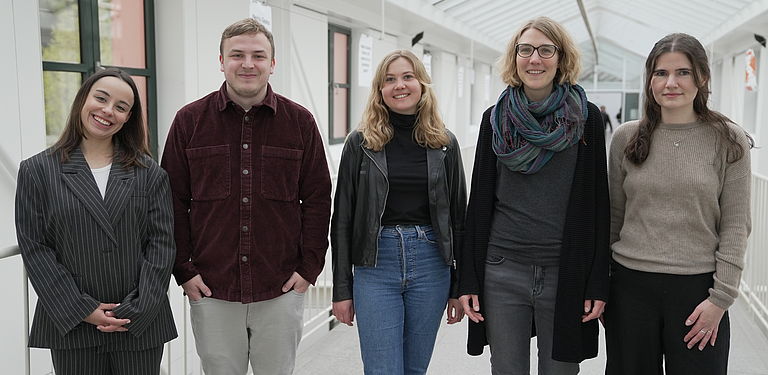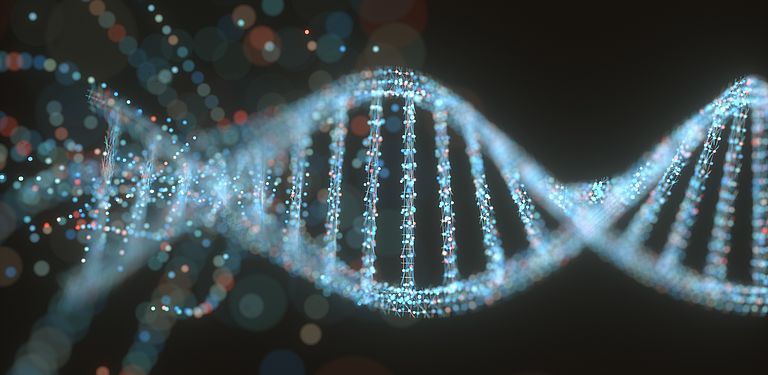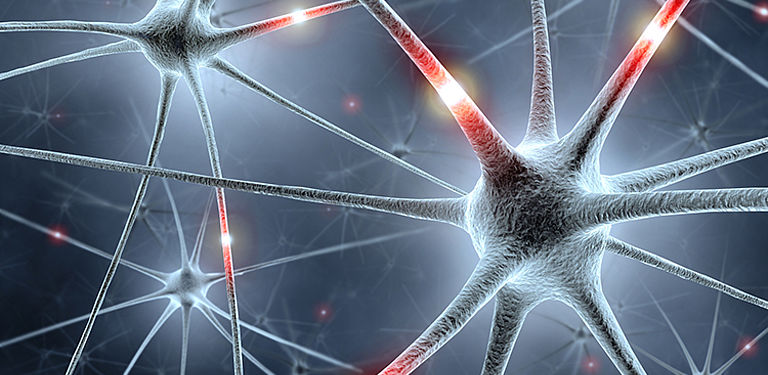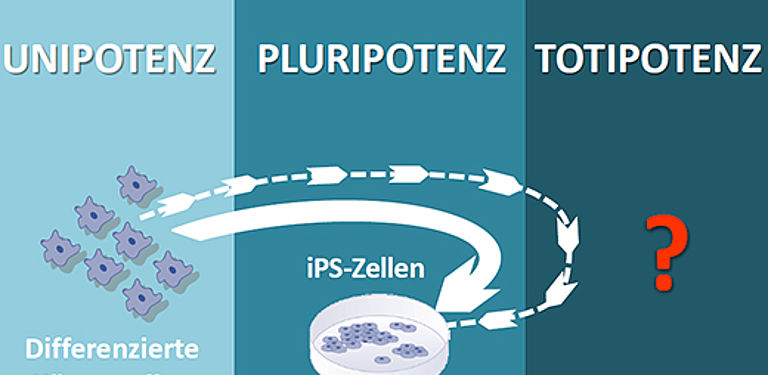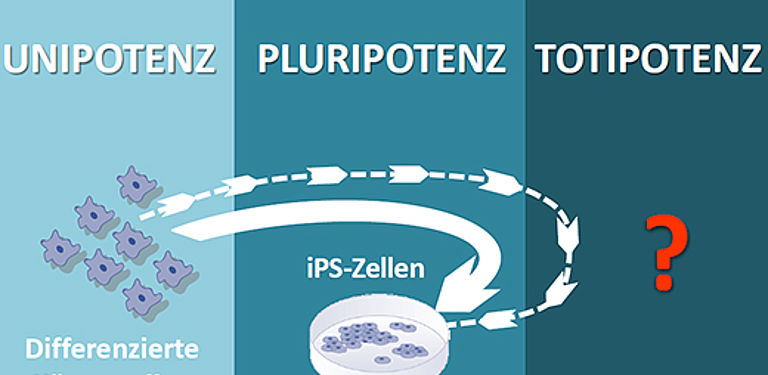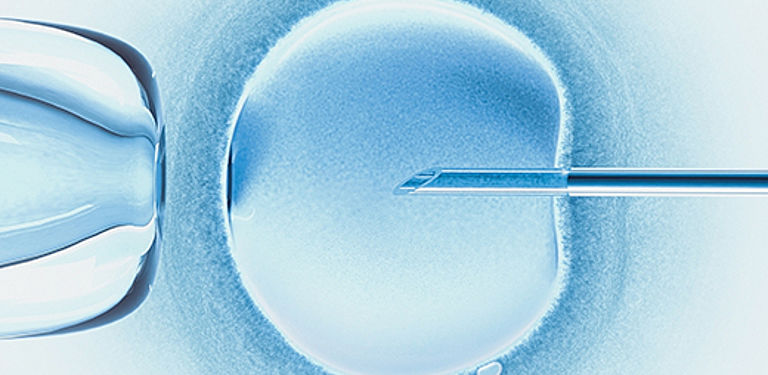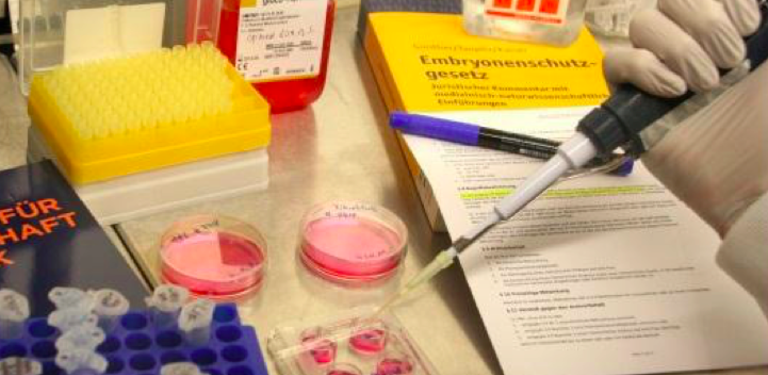Eleven higher education institutions from ten nations are pursuing a common goal: A European University Network (EUN) entitled REform: Responsible Innovation & Transformation for Europe – a new transformative European University Alliance aims to create a network for teaching, research and knowledge transfer that emphasises ethical aspects. Together with its project partners, the University of Passau has submitted a project proposal to the Erasmus+ programme in early 2024. Campus Magazine spoke to Professor Christina Hansen, Vice President for International Affairs and Diversity of the University to find out why we need this network and how it will be positioned.
What are the European University Networks (EUN) all about?
The EUNs are a large number of cross-border university networks that jointly develop teaching and learning formats as well as new forms of cooperation in education, research as well as technology and knowledge transfer. These joint structures and projects are intended to form the basis for ensuring that students, doctoral candidates, staff and researchers can transition smoothly between the higher education institutions that are part of their network. The higher education institutions in their networks usually specialise in certain themes or subject areas. The EUNs are the brainchild of French President Emmanuel Macron and form part of the EU's Erasmus+ programme. We’re in the process of preparing, with eleven other universities and higher education institutions, a joint proposal in which we wish to focus our attention on responsible innovation and ethics in science. The University of Passau is already collaborating on this topic with a number of institutions. Our aim is to take this collaboration to the next level together through the EUN proposal and thereby to intensify our cooperation. Still, applying for an EUN is a highly competitive process, so I'd like to emphasise that our 2024 bid is designed in such a way that many of the projects in it can be carried out even without EUN funding.
Through our planned network "REform" we as scholars seek to promote science and technology that is not only excellent but also socially and ethically responsible
Professor Christina Hansen
Why do you consider it important to participate in an EUN?
I see the following four key points in particular: making Passau more prominent as a leading centre for science, engaging in a larger strategic network, strengthening the university's thematic profile and enhancing societal relevance. What do I mean by that? Being part of a thematic university network means gaining greater visibility throughout Europe with this research theme, which also serves to increase the University of Passau’s renown as a centre of science. In the long run, such a European network has the potential to grow into a strong economic and research region while at the same time preserving the autonomy of the respective universities and higher education institutions. This can also turn us into a magnet for the best early career academics and international students. By strategic network, I mean a functioning, Europe-wide network for the exchange of students and lecturers, especially with regard to interdisciplinary teaching as well as further research and knowledge transfer projects. Not only will this increase the mobility of our students and academics, but it will also result in even better performance and competitiveness of our university with a strong knowledge triangle of education, research and innovation.
Professor Christina Hansen
How do layout and re-figuration processes work in (educational) spaces?
How do layout and re-figuration processes work in (educational) spaces?
Professor Christina Hansen holds the Chair of Education (Primary) with a focus on diversity at the University of Passau. Since August 2020, she has been the Vice-President for International Affairs, Europe and Diversity.
The third point you mentioned was strengthening the thematic profile. The University of Passau wishes to focus on responsible innovation and ethics in science. What is the rationale behind this?
As I said earlier, each network has its own specific theme. There are technological alliances or research networks that focus, for example, on issues such as clean energy or mobility, labour and economic growth. What all these networks have in common is an understanding that you can’t solve complex social challenges by going it alone. It’s also clear that teaching, research and transformation must be dealt with simultaneously if we are to benefit not only the involved academics but future generations, too.
Through our planned network REform: Responsible Innovation & Transformation for Europe – a new transformative European University Alliance, we as scholars seek to promote science and technology that is not only excellent but also socially and ethically responsible. It’s crucial that we adapt our research objectives and innovation processes to the needs and values of society. Our network strives for intensive co-operation between academia and society as well as industry and politics as a step towards greater mutual transparency and acceptance. The idea is that this will make it easier to develop solutions for complex challenges. The project aims to further develop academic culture, to create a space where responsible teaching, research and innovation are core guiding principles – which will serve as the nucleus for a socially responsible orientation of our university.
Societal relevance, your fourth point, seems to be closely related to your comments on thematic profiling.
That's right. Building bridges between academia and society at large is a challenge for the coming decades. Responsible research and innovation has emerged as a keyword on the European stage. Transformative science is a term that is being used more and more frequently in Germany in the context of sustainability issues – and our network intends to play a prominent role in finding the answers. At the University of Passau, we currently have eight professors from all five faculties who are recognised experts on issues of ethical responsibility within their respective fields. But of course the question of responsibility in science affects all researchers at our university. That’s a key issue that we’ll have to deal with in the future, and not just within the framework of the EUN.
Thank you for the interview!




